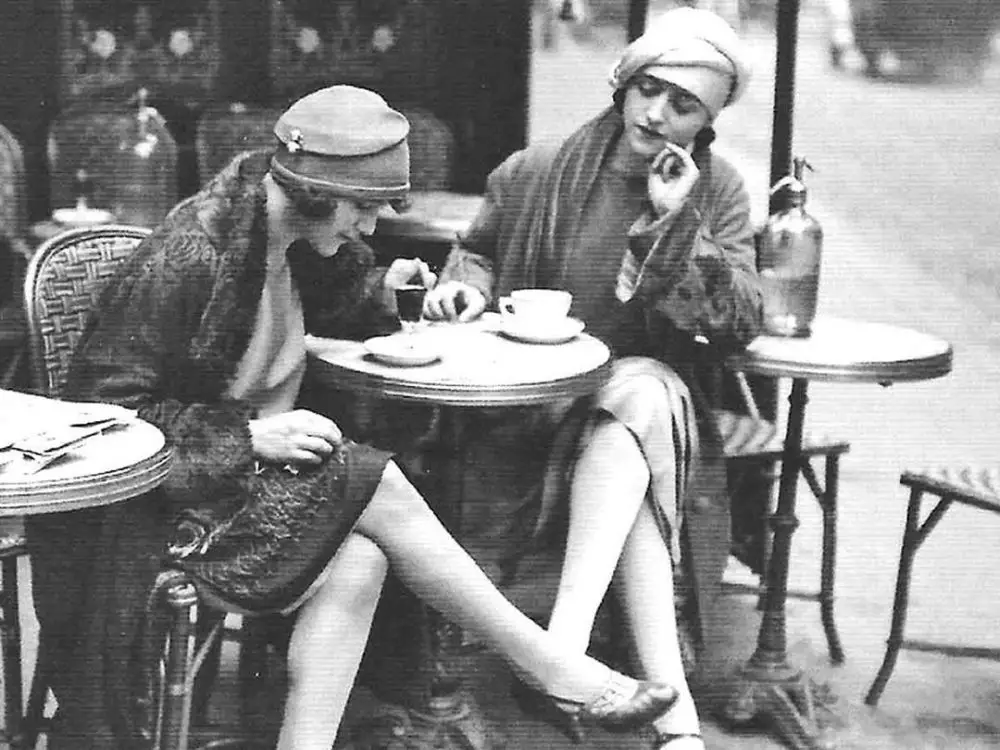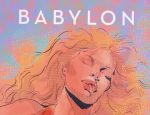The beginning of September marks the unofficial end of summer and the beginning of fall. The year 2020 is slowly creeping up behind every temperature drop and every leaf turning colors. There are only 12 more Mondays until 2020 — a century since the golden age of flappers, swing, glamour, grandeur, Prohibition (less excitedly) and that speakeasy ‘20s slang.
While life in the 1920s might not have been as swell and dandy as is usually depicted in Hollywood movies, the people then had a way with words that was usually clever, often figurative and always straight to the point.
Here are some examples of popular ‘20s slang that we should bring back in 2020.
Bee’s Knees (and the Berries) = The Best
Describing something as “the bee’s knees” is one of the highest compliments in ‘20s slang. The origin of the phrase is unknown; at one point it was thought to derive from an Italian pronunciation of “business,” which is just “phonus balonus” (read below), but regardless of its origins, the bee’s knees or the berries is just a grand way of describing something enjoyable.
Example: “Have you been to the new ice cream shop on campus? It’s the bee’s knees / the berries.”
Phonus Balonus = Phony Baloney, aka Fake
“Phonus balonus” should be self-explanatory. This ‘20s slang phrase has evolved and been preserved in the 21st century playground equivalent of “baloney sandwich.” Calling people out on their bluff is an energy that should undoubtedly be brought into 2020, but calling out their bluff with a straight-faced “phonus balonus” is a move so bold, Gatsby’s grandiose engagements will pale in comparison.
Tell it to Sweeney! = Give it a Rest!
Oh, you skipped class because you got seriously and suddenly ill this morning? Tell it to Sweeney! Maybe they will believe your phonus balonus. This dismissive phrase could be the perfect ‘20s slang to serve when you know someone’s full of hot air. If you don’t believe it, chances are Sweeney won’t either.
Nifty = Neat, Cool or Interesting
Although “nifty” can be used to simply exclaim generic approval, it can also be used when taking notice of something that has a surprising and previously-unexpected or unheard-of use. Skirt pockets, for example, are extremely nifty, as is sliced bread, which didn’t hit the market until July 7, 1928.
Zozzled and Splifficated = Drunk, Intoxicated
How did society turn from such fun words as “zozzled” and “splifficated” to plain old “drunk?” The onomatopoeia in the word zozzled will do more for imagery and dramatic emphasis than the word drunk could ever dream of doing.
Sure, you’ve been tipsy and maybe even drunk, but have you ever been zozzled or completely splifficated?
Disclaimer: This article does not encourage or condone the act of being splifficated, only that the word itself is much niftier than its contemporary synonyms: drunk or extremely intoxicated.
Boozehound = Drunkard
“Boozehounds” would spend a majority of their time being zozzled or splifficated. Like hounds, they are always on the hunt for more booze. A modern day drunkard would seem to have a sixth sense for booze in ‘20s slang. Prohibition or not, boozehounds will be boozehounds, so why call them anything else?
Fire Extinguisher = Chaperone
No, this isn’t the “break glass in case of fire” type of fire extinguisher. This is the fire extinguisher that will kill the steam on your hot date. That’s right, a chaperone. Clever, yet fitting, isn’t it? Twenties slang was nothing if not cunningly descriptive of mundane objects that somehow make sense when described as other, even more mundane objects.
Know One’s Onions = To Know Your Stuff
To “know one’s onions” means to know what you are talking about. Someone who is knowledgeable about a topic certainly seems to know their onions.
Why onions? Does the degree of your knowledge indicate the abundance of onions you know? Is it onions because you bore people to tears with your useless knowledge? The only thing we know for sure is that this striking phrase must be reintroduced into society.
Just imagine a job recommendation going something like, “When it come to Excel, she really knows her onions.”
Mrs. Grundy = Serious, Uptight
It is unclear who Mrs. Grundy was or what she did to deserve such infamy, but nobody wants to be referred to as a Mrs. Grundy. A Mrs. Grundy is a prude, uptight woman who doesn’t have fun or crack a smile unless she absolutely must.
The closest equivalent to a Mrs. Grundy nowadays would be a party pooper, if people continued using this phrase past the third grade. The juvenileness of “party pooper” means it’s time for Mrs. Grundy to make a comeback: There’s a market for it and no phrase is currently catering to that market.
You Slay Me = That Was Funny
“You slay me” is usually accompanied by a hearty laugh. Whatever you said to earn you that comment must have been funny. People in the 1920s were a jolly bunch who were always looking for a good time, so being told “You slay me” was a high compliment.
Bonus: Old Sport
No, it’s not exactly a ‘20s slang, but its origin is essentially synonymous with the 1920s. It’s difficult to think of “The Great Gatsby” without thinking of the 1920s and vice versa.
“Old sport” is Gatsby-speak for “friend” or “buddy.” For full effect, this must be said while holding a glass of champagne, wearing white polos, sporting an overly-gelled combover and preferably with fireworks exploding in the background of your mansion.
Speakeasy ‘20s slang brought out colorful phrases and verbal expressions that should not be left for the dictionaries and history books. Know your onions about ‘20s slang. Bring it back.
















